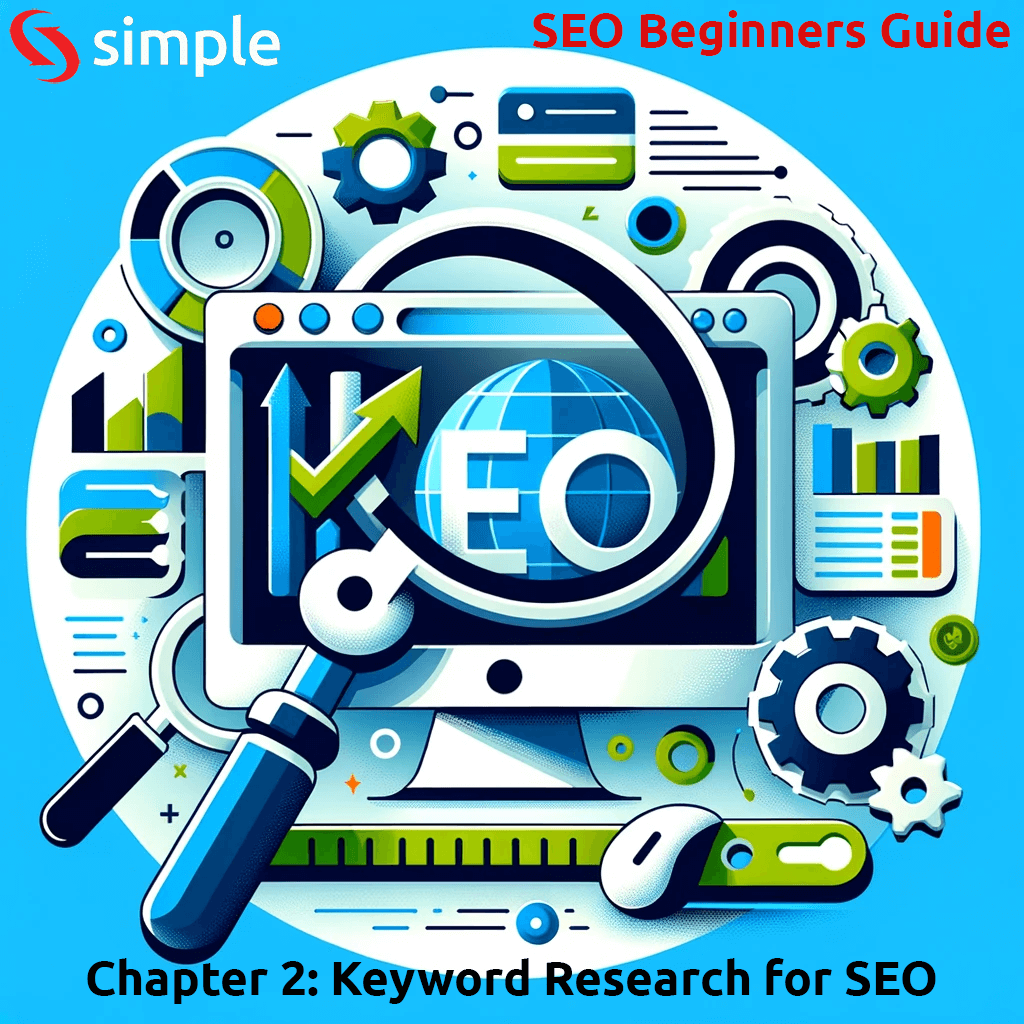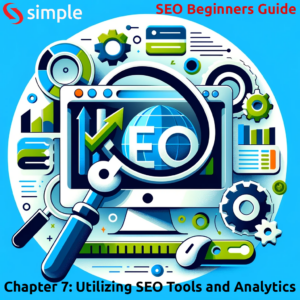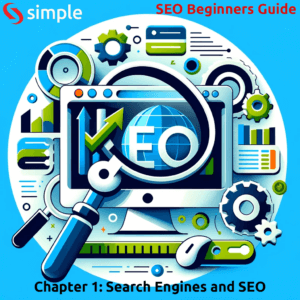Introduction
Embarking on an SEO journey begins with a fundamental step: keyword research. It’s the cornerstone of successful SEO strategies, allowing you to understand what your target audience is searching for and how to align your content with their needs. This guide delves into the art and science of keyword research, helping you unlock the full potential of SEO keywords for your digital presence.
Mastering Keyword Research
Understanding Keyword Research
What is Keyword Research?
Keyword research involves identifying terms and phrases that people use in search engines. It’s more than just finding words; it’s about understanding the context and intent behind those searches.
Why is it Crucial for SEO?
Effective keyword research ensures that your content is relevant and visible to your target audience. It’s a direct line to understanding user behavior, market trends, and competitive landscapes.
The Process of Keyword Research
1. Identifying Your Core Topics
Start by listing topics relevant to your business or website. These are broad areas that your target audience might be interested in.
2. Generating Keyword Ideas
Using your core topics, brainstorm potential keywords. Think about the questions and problems your audience might have related to these topics.
3. Utilizing Keyword Tools
Leverage keyword tools to expand your list and gain insights into search volume, competition, and trends. Tools like Google Keyword Planner, SEMrush, or Ahrefs are invaluable for this step.
4. Analyzing Keyword Metrics
Evaluate your keywords based on metrics like search volume, keyword difficulty, and click-through rates. This analysis will help you prioritize the keywords most likely to drive traffic and conversions.
Understanding Keyword Relevance and Intent
Keyword Relevance: Connecting Content and Searches Keyword relevance is about how well a keyword or phrase aligns with the content on your webpage. It’s not just about the frequency of keywords but how they resonate with the subject matter. Here are key points to consider:
- Topic Alignment: Your keywords should accurately reflect the central theme of your content.
- User Needs: Choose keywords that mirror the needs and interests of your target audience.
- Content Quality: Relevant keywords should support high-quality, informative content, not just serve as a vessel for SEO.
Search Intent: Unveiling the ‘Why’ Behind Searches Understanding the intent behind searches is critical in tailoring your content to meet the needs of your audience. There are typically four types of search intents:
- Informational Intent: Users are looking for information, such as guides, how-tos, or news.
- Navigational Intent: The search is about finding a specific website or page.
- Transactional Intent: The user is ready to buy or engage in a commercial activity.
- Commercial Investigation: Users are in the decision-making phase, comparing products or services before a potential purchase.
Aligning Keywords with Intent Your goal is to match your keywords with the correct user intent:
- For informational intent, focus on question-based keywords and phrases.
- Navigational keywords are often brand or product-specific.
- For transactional searches, include words like ‘buy’, ‘deal’, ‘discount’.
- Keywords for commercial investigation might include ‘best’, ‘reviews’, ‘top 10’.
Evolving Search Trends Remember, the landscape of keyword relevance and search intent is dynamic, evolving with market trends, seasonality, and user behavior. Regular analysis and adaptation of your keyword strategy are essential to stay relevant and effective.
Integrating Keywords into Your SEO Strategy
1. Content Creation
Create content that naturally incorporates your primary and secondary keywords. Ensure it provides value and addresses the user’s search intent.
2. On-Page SEO
Optimize your web pages with keywords in title tags, meta descriptions, headers, and the body content to improve your site’s visibility in search results.
3. Continuous Analysis and Adaptation
SEO is an ongoing process. Regularly analyze your keyword performance and adapt your strategy to stay ahead of changing trends and algorithms.
Utilizing Keyword Tools for Effective Research
Effective keyword research is greatly aided by a range of online tools, each offering unique features and insights. Here’s a list of highly recommended tools along with their links for direct access:
- Google Keyword Planner: A part of Google Ads, it’s essential for gauging search volumes and exploring new keyword ideas. Google Keyword Planner
- SEMrush: Offers detailed insights into keyword metrics, competitor analysis, and content optimization. SEMrush
- Ahrefs: Known for its backlink database, Ahrefs also provides comprehensive keyword research features. Ahrefs
- Moz Keyword Explorer: User-friendly and provides keyword suggestions, SERP analysis, and search volume data. Moz Keyword Explorer
- Ubersuggest: Created by Neil Patel, this tool offers keyword suggestions and search volume data. Ubersuggest
- AnswerThePublic: Visualizes search questions and autocomplete searches, ideal for finding long-tail keywords. AnswerThePublic
- Keyword Tool.io: Uses Google Autocomplete to generate relevant long-tail keywords. Keyword Tool.io
Each tool has its unique strengths, and using a combination of them can greatly enhance your keyword research efforts. While some offer free basic features, others might require a subscription for full access.
Further Learning and Resources
For more insights on SEO and related topics, visit the SEO section of our blog at Simple IT – SEO Category. Additionally, explore our comprehensive “SEO Beginners Guide” for in-depth articles on various aspects of SEO: SEO Beginners Guide Index.
Conclusion
Mastering keyword research is a journey of continuous learning and adaptation. By understanding and implementing effective keyword research strategies, you can significantly enhance your website’s SEO performance, attract the right audience, and achieve your digital marketing goals. Remember, the right keywords are the bridge between your content and your audience, making them a crucial element of any successful SEO strategy.




Pingback: SEO Beginners Guide: Mastering the Essentials of Search Engine Optimization in 9 lessons - Simple IT